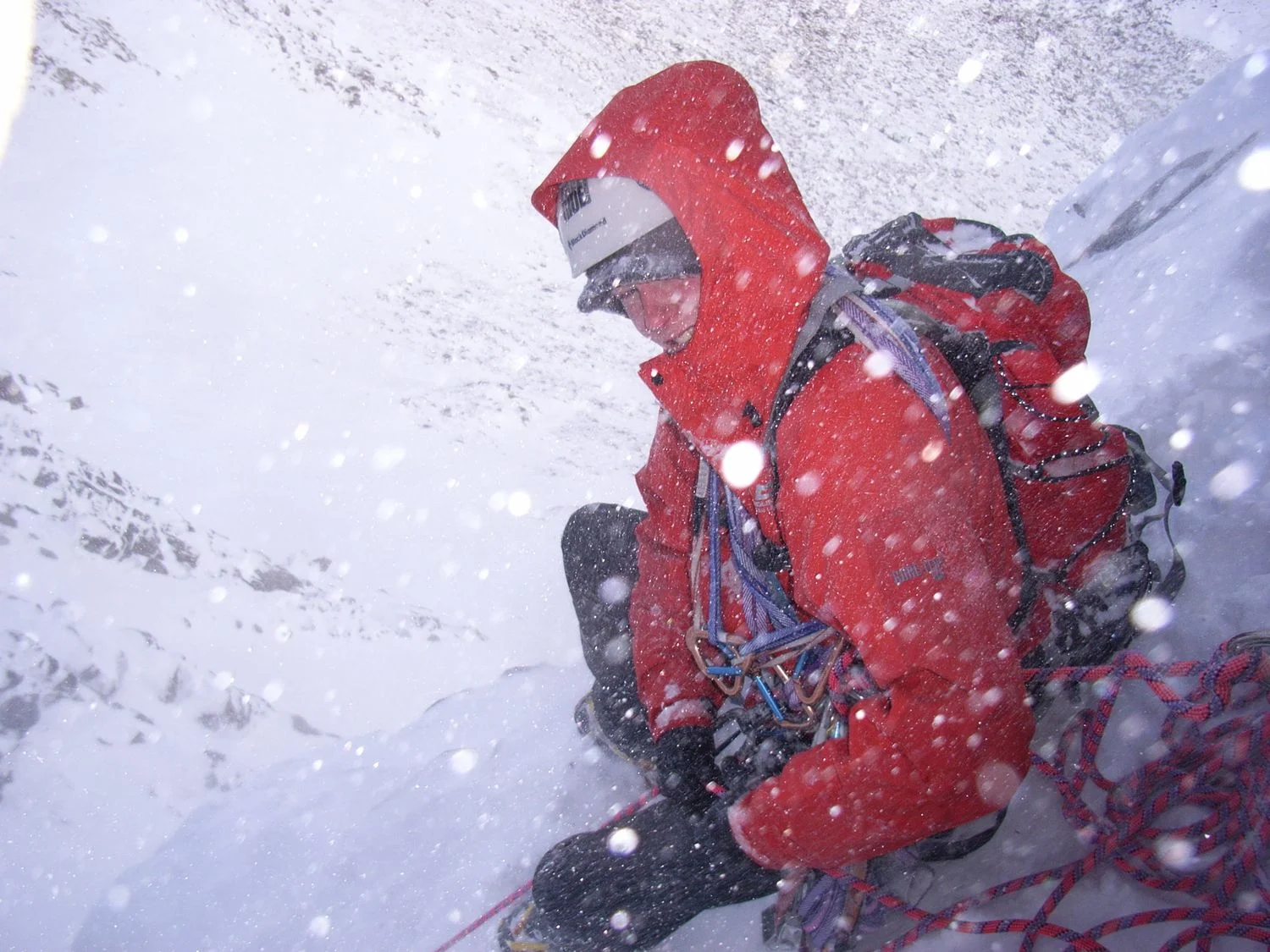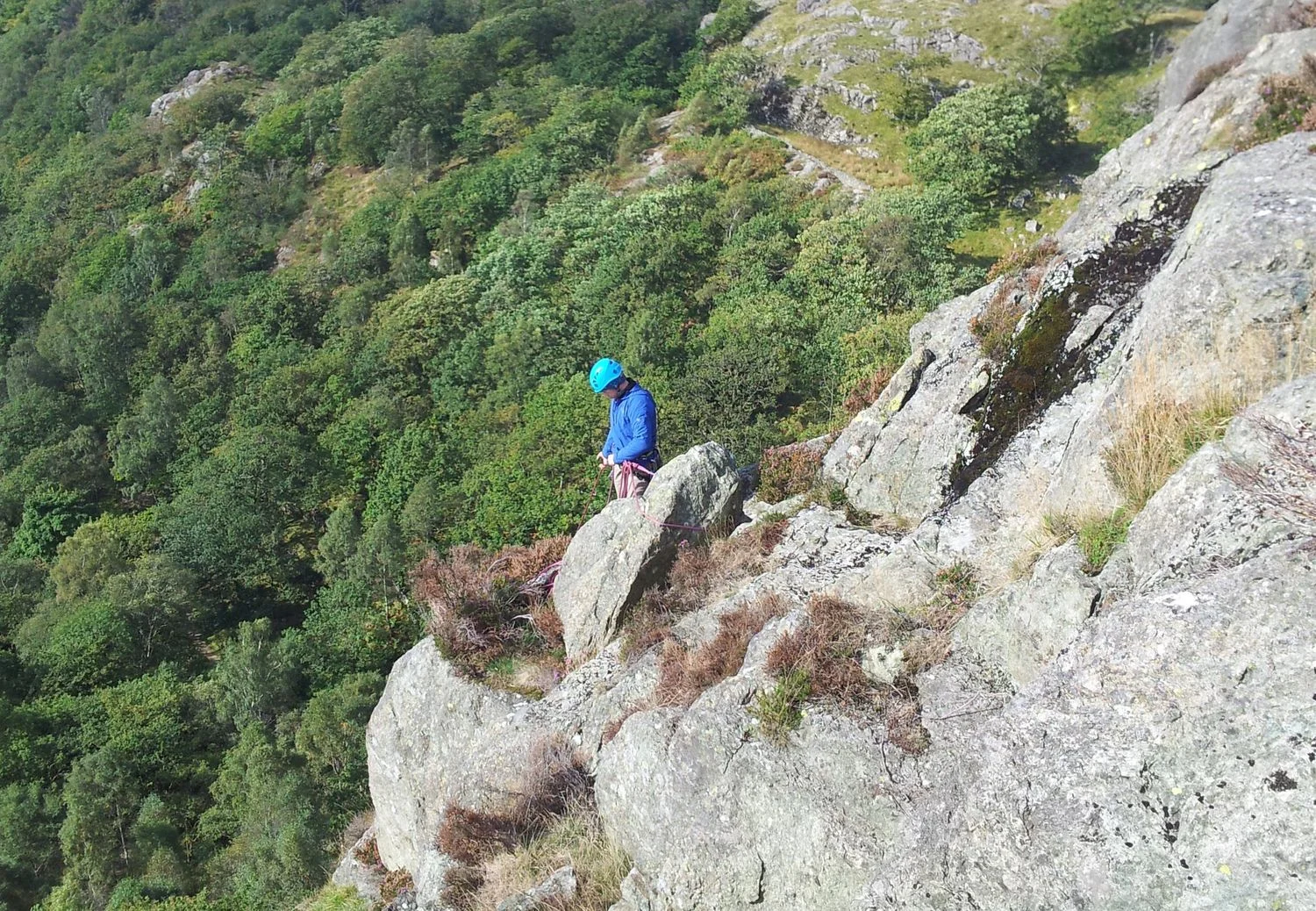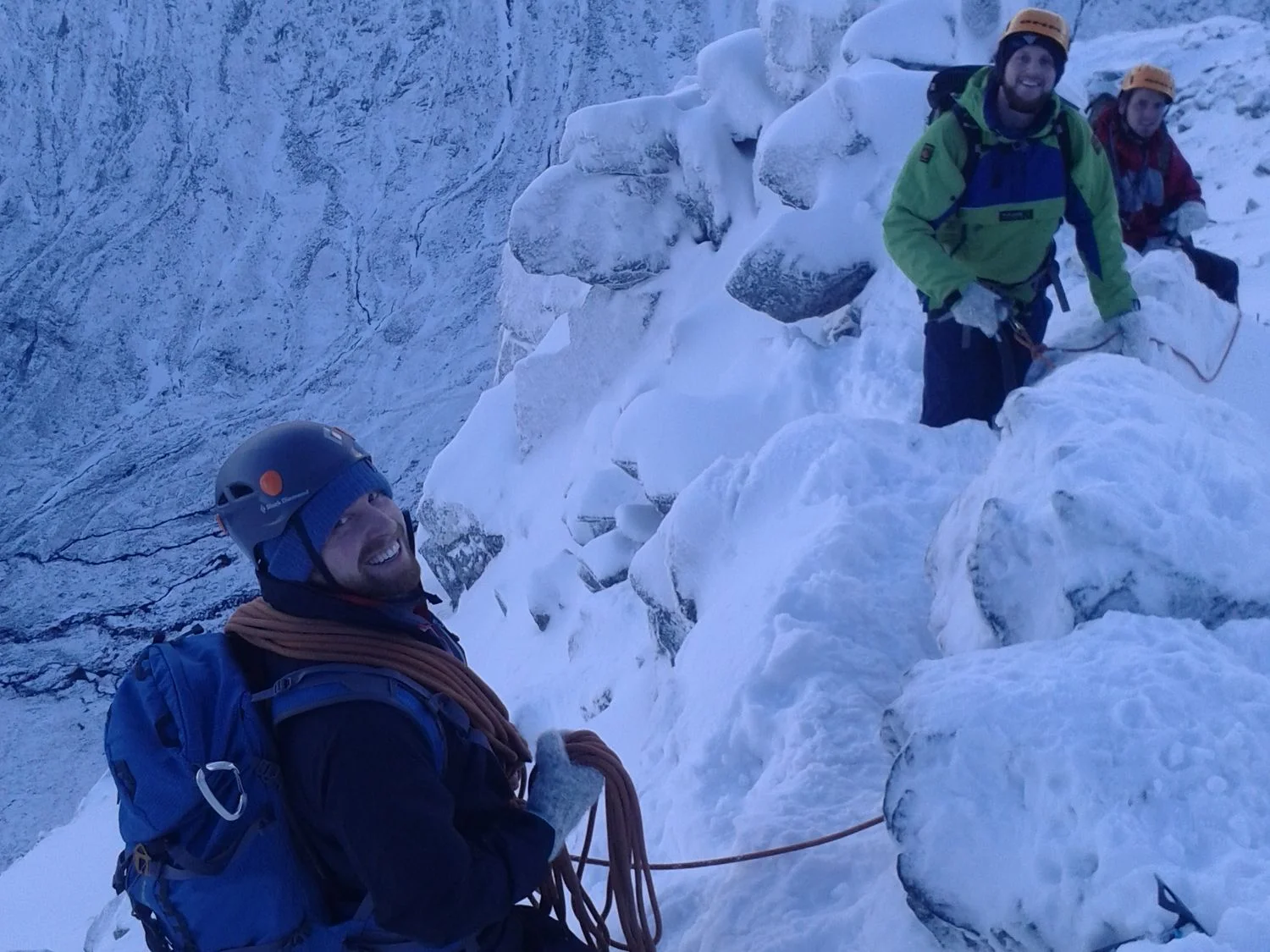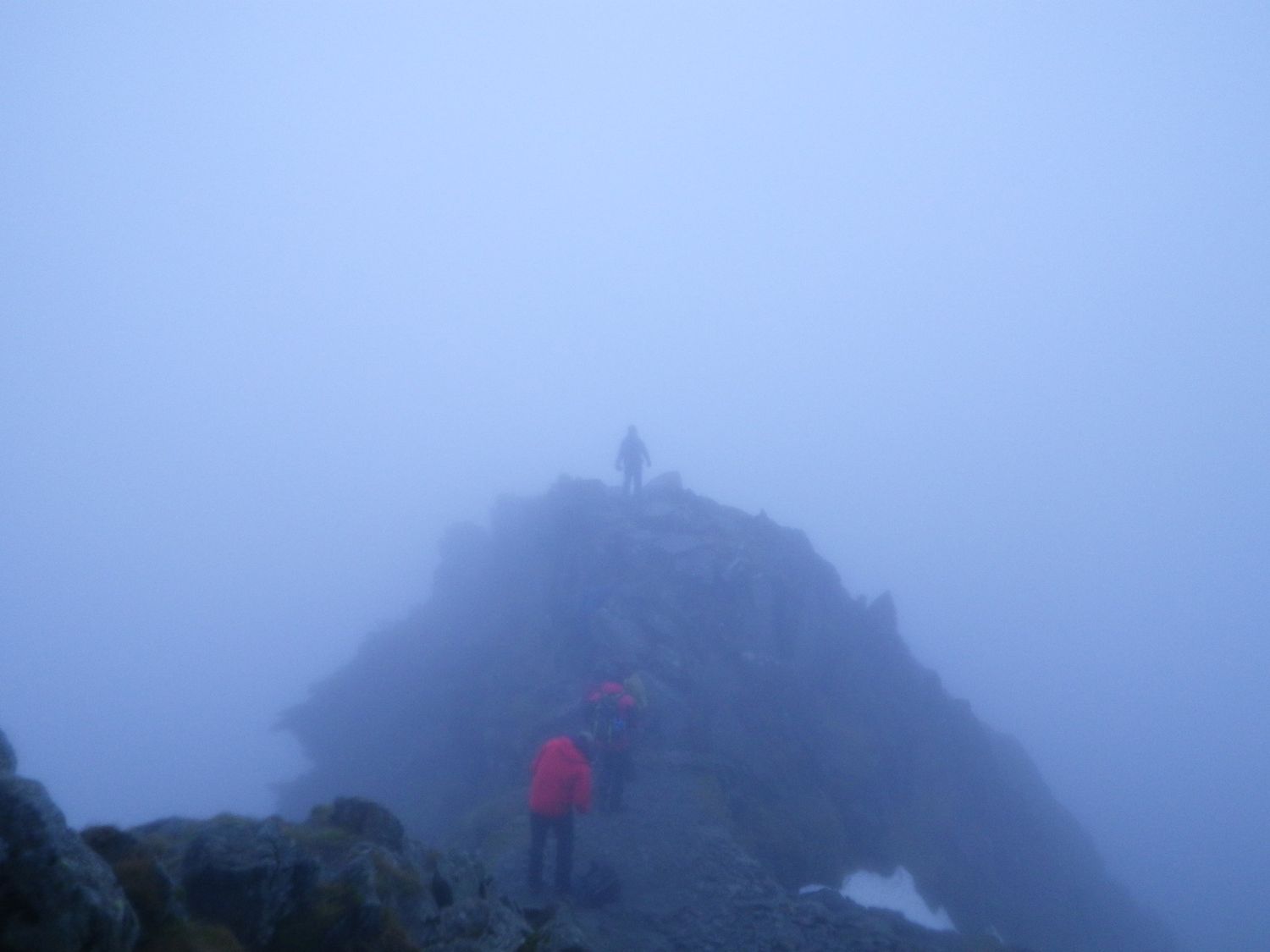Managing Risk in the Mountains #2: Heuristics & Mind Sets
/WRITTEN by CHRIS & ANNE ENSOLL
“Even though people are capable of making decisions in a thorough and methodical way, it appears that most of the time they don't. A growing body of research suggests that people unconsciously use simple rules of thumb or heuristics to navigate the routine complexities of modem life.” Ian McCammon in Evidence of heuristic traps in recreational avalanche accidents
In our homes and work places that may not be a problem, but when we take that mindset out into the mountains where the variables can change so quickly, we can find ourselves in serious trouble.
So what exactly are heuristics? Think of them as simple rules of thumb that we use to form judgments and make decisions. Each time we make a decision, rather than considering every possible detail of that particular situation, we unconsciously use information from previous experiences to take mental short cuts to get to the decision quicker.
Examples include:
educated guess
intuitive judgment
guesstimate
stereotyping
profiling
common sense
best practice
Heuristics usually involve focusing on one aspect of a complex problem and ignoring others. Here are some common heuristic traps:
Familiarity heuristic
“I’ve been here before, and done this before, and it has always been OK, so it will be OK today.”
We use this thinking pattern all the time: choosing which cereal to buy or which route to take when driving to work.
Example
You’re climbing with a friend on a favourite multi-pitch route which you’ve done several times before, but not for a couple of years. You get to the belay and you use the same anchors that you always use, without checking that they are OK. They were fine last time you came, so you’ve made the assumption that they are still fine. In his study of skiing incidents, McCamman found that paradoxically the skiers’ training and familiarity with the area could have contributed to poor decision making on the day.
Solution
Never assume an anchor is OK - always test every anchor every time you use it.
Social proof heuristic
“They are all doing it, so why shouldn’t I?”
We all want to be approved of, and no-one wants to be the party pooper who says no. The bigger the group, the more the chances are that you will succumb to this problem.
Example
You’re planning to scramble up Curved Ridge on Buachaille Etive Mhor in Glencoe in the winter with a group of friends. Your friends are more experienced than you, and some of them have soloed this route before. You know that it is beyond your capabilities, but you get carried along by their enthusiasm and convince yourself that you can do it. Sometimes situations like that work out fine and you feel fantastic because you took the risk and succeeded, but sometimes they go horribly wrong.
Solution
Talk about it beforehand, let everyone know that you might feel better with a rope on some sections, and get their support. If you’re in a position of leadership, formal or informal, make it easy for others to admit that they need extra help
Scarcity heuristic
“Blue sky powder days like this are so rare – let’s get out there!”
We overcome logical thinking because what we see is rare and special, and go for it even though we should not.
Example
You’re on a skiing holiday and the weather has been really disappointing, but this morning the sky is blue, the sun is shining, and there is loads of fresh powder. You’ve got to get out there and be the first to put in the new tracks. Even though all the warning signs are there for a particular slope, you over-ride them because things might not be this good tomorrow.
Solution
Think about the consequences. Is this {fill in the blank} worth dying for? How would you feel if one of your group didn’t make it to the end of the day?
Commitment heuristic
“I’ve started so I’m jolly well going to finish.”
When you’re committed to achieving your goal for the day, it can be really difficult to admit that the best thing is to turn back.
Example
You’re on your way up Scafell Pike, and it’s the last of the Wainwrights to tick off. You checked the weather forecast before you set off, and although there is high wind and heavy rain forecast for later in the afternoon, you’re confident that you’ll be back down before then. But someone in your party is much slower than you expected, and you’re at Mickeldore when the weather suddenly deteriorates earlier than forecast. To turn back now would be so disappointing. What do you do?
Solution
Have a viable plan B in place and discuss it with your party before you set off. Sell it as an alternative “win” situation.








